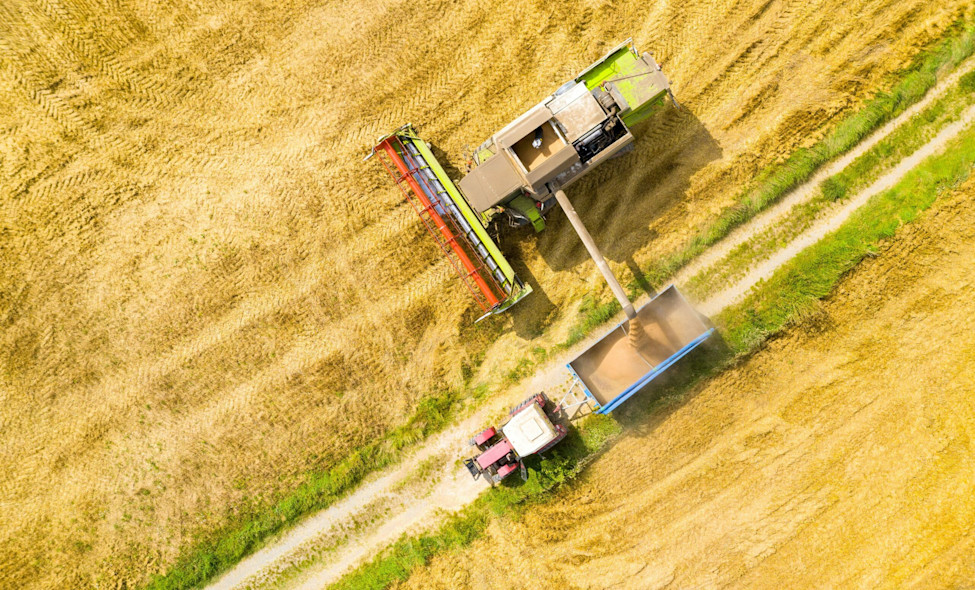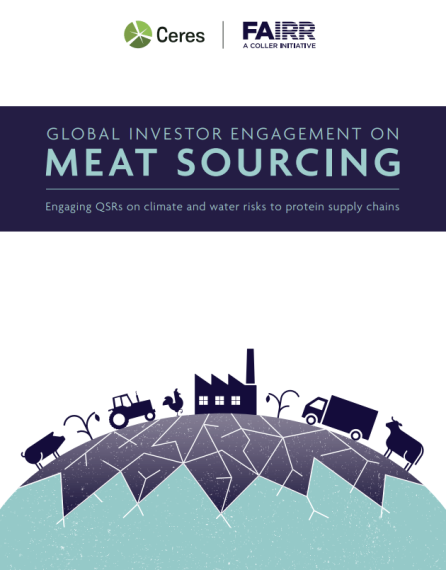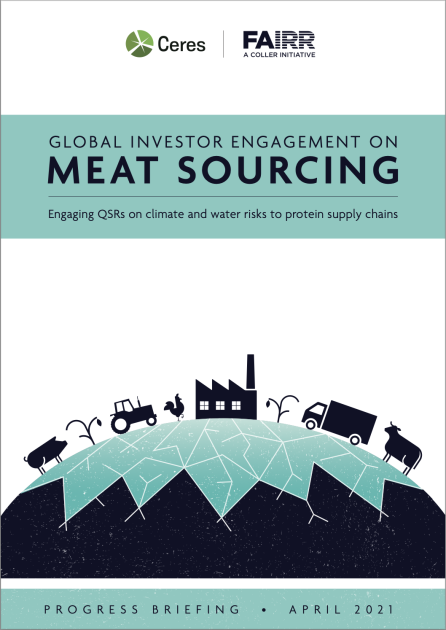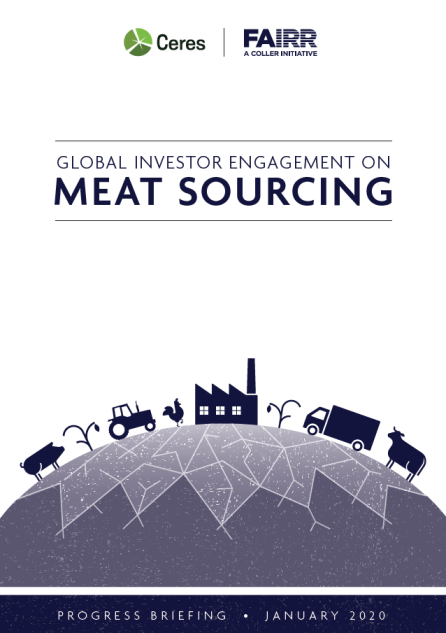
Meat Sourcing Engagement
Overview
Background
For many fast-food companies, supply chain risks present growing challenges to supply security, sustainability ambitions, brand reputation, and financial growth. The fast-food sector plays a dominant role in feeding our global population, with around 84.8 million adults in the US (nearly one-third of the population) consuming fast food on any given day. This sector continues to expand rapidly in developed and emerging markets, with a significant portion of items sold being wholly or partially made from meat and dairy products.
Animal proteins have a significant environmental footprint across three key areas: greenhouse gas (GHG) emissions, water and land use. In August 2019, the IPCC published a special report on climate change and land, arguing that the global food system not only contributes to global GHG emissions but is also vulnerable to the impacts of climate change. Such exposure can create material, operational, reputational, and market risks for the companies buying animal protein products. Agriculture and land use make up 24% of global GHG emissions and are among the biggest drivers of tropical deforestation. Rising temperatures will also impact the productivity of these companies.

Selected Companies
The FAIRR Initiative and Ceres have developed company-level analysis, which is exclusively available to our Investor Members. The latest update was published in April 2021.
Material Risks
In 2021 and into 2022, we saw an expansion of investor attention on climate risk disclosure through membership in climate-related task forces, and strengthened regulatory disclosure requirements from governments, including the United States. Further, new academic evidence highlights the severity of the water crisis and how companies and investors can be a greater part of addressing the urgency of global water risk from animal agricultural production.
Investors are responding to the growing scientific evidence of the impact of animal agriculture on water and climate risks by asking for expanded disclosure in meat supply chains. Institutional investors are focusing on new areas of water and climate risk mitigation and requesting more thorough reporting from companies. The Taskforce on Nature-related Financial Disclosures and Biodiversity Finance Initiative are recent additions to the growing landscape of finance-related climate initiatives encouraging deeper consideration of climate and water risks in the capital markets.

Investors Signed on
Investors Signed on
The last phase of the engagement was supported by over 90 investors, representing US $11.4 trillion in combined assets
The latest progress report, The Global Investor Engagement on Meat Sourcing, was published in June 2022.


